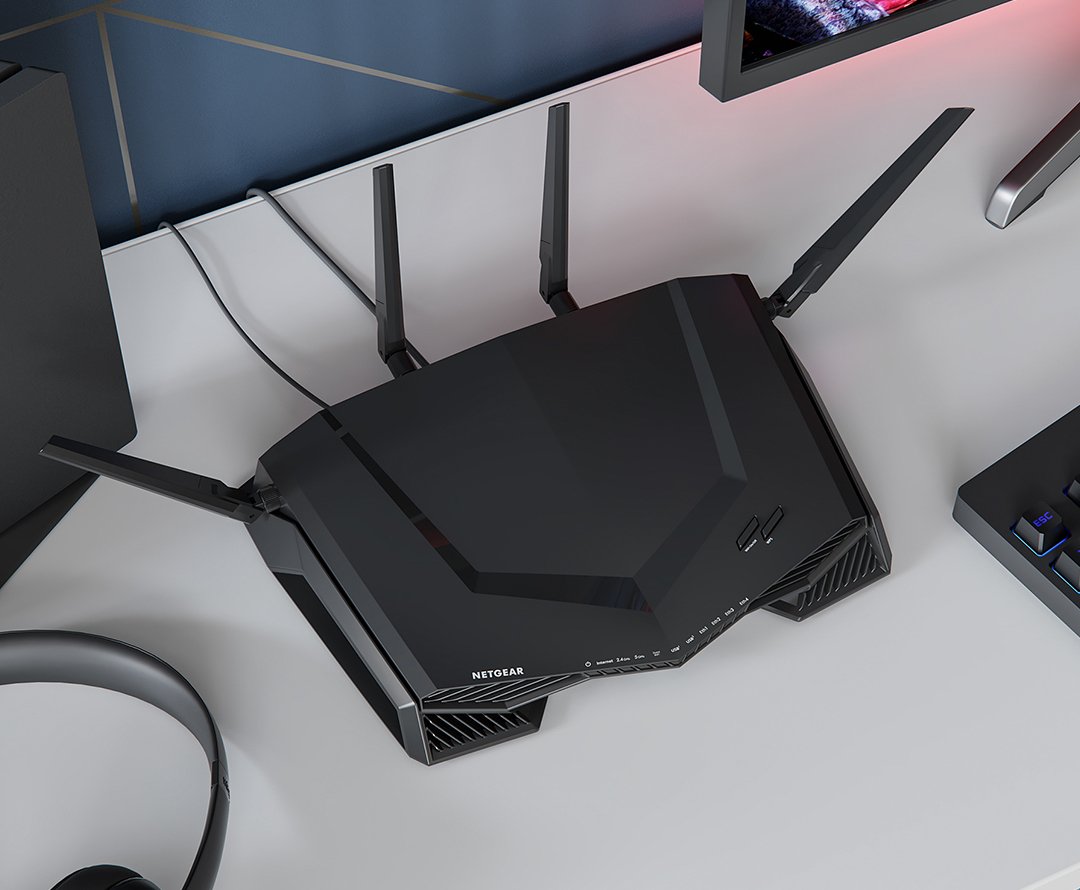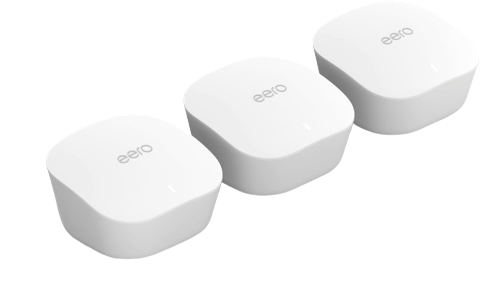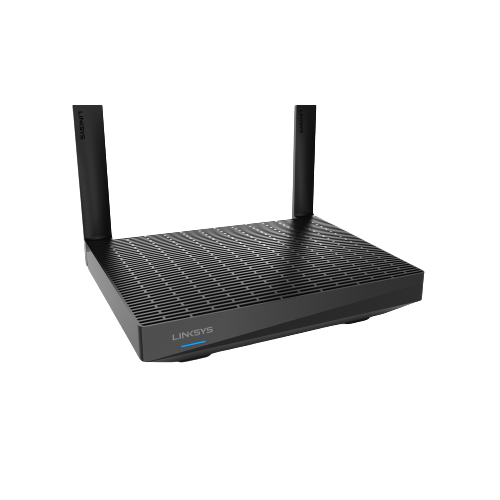Should I buy a mesh router or a standalone router?

Best answer: Most people should buy a mesh system over a standalone router. While a mesh system costs a little more upfront, it allows for more expansion down the line.
- Compact and simple to use: eero ($249 at Amazon)
- Router features with a mesh ecosystem: Linksys MAX-STREAM MR7350 ($150 at Amazon)
Wi-Fi is evolving, and so are our routers
The original home routers were rather simple in that they took an incoming internet connection from a modem and broadcast a wireless signal. Back when Wi-Fi was in use by fewer people and fewer devices took advantage of it, things like interference weren't much of an issue. Not only that, but 2.4GHz signals were more than adequate, and the lower frequencies could travel much further than 5GHz.
Today we demand much more speed out of our routers, necessitating the move to wider 5GHz bands. The problem with 5GHz is that it's more susceptible to interference. Mesh systems and modern standalone routers approach this problem a bit differently.
What is the difference between a mesh router and a standalone router?
Mesh systems aim to improve coverage and connection quality by decentralizing Wi-Fi. The majority of mesh systems are made up of two or three small routers with a primary unit connected to your internet source and the other routers connected to the primary unit. This allows your wireless device to connect to a much closer access point and let that access point do the heavy lifting communicating with the main router. This is the best option for people with dead zones in their home.
A standalone router is what you might traditionally think of as a router. It's an all-in-one unit that usually includes a wired network switch as well as a wireless access point. The main difference here is that one of these routers needs to have the power to cover an entire home. The result is usually a larger device with several articulated antennas protruding from the back.
Get the latest news from Android Central, your trusted companion in the world of Android
What are the advantages of a mesh router?
Mesh systems are designed to grow with your needs. While most kits will come with two or three units, you can technically get by with just one. The nice thing is that you can add several nodes to create a strong decentralized wireless network. This allows your devices to connect to the router closest to them reducing the impact of interference.
Many systems such as Google's Nest Wifi and the original Google Wifi maintain intergenerational compatibility with software updates, making expanding your mesh a simple choice.
Many people will like that mesh systems, such as the ones offered by eero, work hard to make setup as simple as possible. To set up one of these systems is as simple as following the instructions in an app and then you can essentially forget about it.
What are the advantages of a standalone router?
Many people are put off of mesh technology since many of the popular systems deemphasize traditional features like Ethernet ports. Others have tried to oversimplify user control. For many of us, that's just fine, but not everyone wants to give it all up.
If you care about speed and performance above anything else, a standalone router might still be your best bet. A fast gaming router like the Asus RT-AX5300 is not only faster than most mesh systems, but it has more advanced features such as tri-band Wi-Fi and advanced controls. While you can fast tri-band mesh systems, the price skyrockets as you add more mesh points.
Some companies like Asus and Linksys have started adding mesh capabilities to their standard routers. For most people, that's the best possible compromise short of building a separate wired and wireless network.
Which router style should most people buy?
The biggest strike against mesh systems is the cost. Having multiple smaller routers making up a mesh system leads to slower and cheaper components being used to keep the package cost down. The majority of mesh systems lag behind standalone routers in speed and functionality at similar price points. Still, most people don't need more than the speeds offered by a dual-band mesh system and the quality of the connection will be worth it.
For most people, there's no need for multiple gigabit Wi-Fi speeds and just having consistent coverage will be a much better value. For most people, a mesh system makes the most sense.

When Samuel is not writing about networking or 5G at Android Central, he spends most of his time researching computer components and obsessing over what CPU goes into the ultimate Windows 98 computer. It's the Pentium 3.


